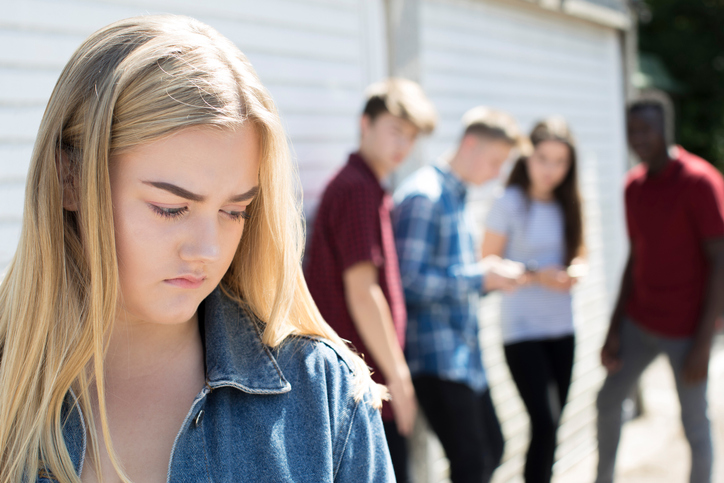Antisocial behaviour
Antisocial behaviour (ASB) is when people, who do not live in your family home, behave in unacceptable ways that make you feel worried, intimidated or unhappy.
This content has been written for children and young people. If you’re looking for information for over 18s, visit our Types of Crime information about antisocial behaviour.
How does it affect people?
It could be a one-off, but ASB often happens more than once over a period of time. It may be that because of other people’s behaviour, you feel like you need to change where you go and what you do.
ASB can affect the whole community or area where you live. It may affect your entire family or just be targeted towards you.

